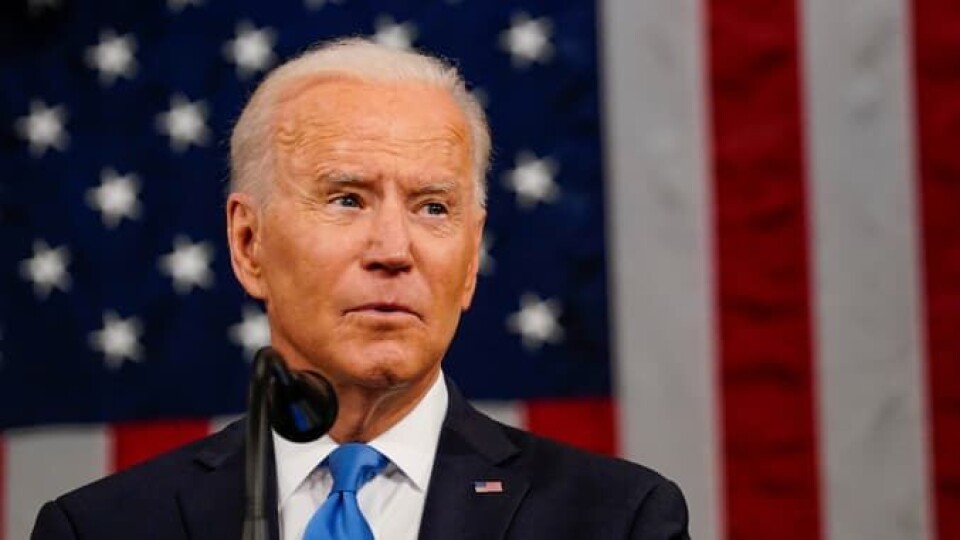
Use aquaculture to fight climate change, Biden told
US seafood industry coalition Stronger America Through Seafood (SATS) has sent a letter to President Joe Biden to outline the climate impacts and potential benefits of aquaculture and request that his administration prioritises seafood production to help mitigate climate change. The letter was signed by more than 70 aquaculture advocates, including scientists, environmental advocates and industry leaders.
SATS campaign manager Margaret Henderson said: “As our federal leaders seek innovative solutions to address the climate crisis, aquaculture, one of the most resource-efficient methods for protein production, should be considered as a tool to help feed our growing population responsibly while protecting our planet.
“Through federal action, the administration and Congress can establish a clear regulatory pathway for permitting offshore aquaculture that would support a sustainable seafood future, increase the resiliency of our food systems, and create new jobs in communities nationwide.”
Sustainable marine fish farming
Dr Kevan L Main, director of Mote Aquaculture Research Park, Florida, said: “If we are going to feed the growing world population, we must continue to advance the development of sustainable marine fish farming technologies.
“Protein production from sustainable aquaculture systems is more efficient and less damaging to the environment than other animal protein production.”
In the letter, which can be read in full here, SATS points out that human population is projected to reach 9.7 billion by 2050 and the global demand for healthful animal protein will rise by as much as 88%.
“Numerous reports published in the last three years call for future animal protein production to shift towards seafood, including aquaculture,” SATS told Biden, who has made tackling climate change a priority.
“Environmental impacts of animal protein production, such as energy use, greenhouse gas (GHG) emissions, land use, water use and biodiversity impacts per functional unit of protein can be greatly mitigated through well-managed aquaculture, including offshore aquaculture in marine waters.”
Carbon sequestration
SATS added that certain types of marine aquaculture, such as seaweed farming, also have the potential to sequester carbon and may be used as a tool to mitigate global warming by removing CO₂ from the atmosphere.
The industry coalition asked Biden to “elevate the discussion around sustainable aquaculture production in your administration’s climate policies”, adding: “We are eager to share our experience and knowledge with you and your staff wherever possible.”
Signatories to the letter include representatives from aquaculture equipment supplier Innovasea, certification organisation the Aquaculture Stewardship Council (ASC), trout ova producer Troutlodge, Cargill Aqua Nutrition, alternative feed ingredient maker Calysta, the Global Aquaculture Alliance and SATS’ most recent member, Wilbur-Ellis Nutrition.























































